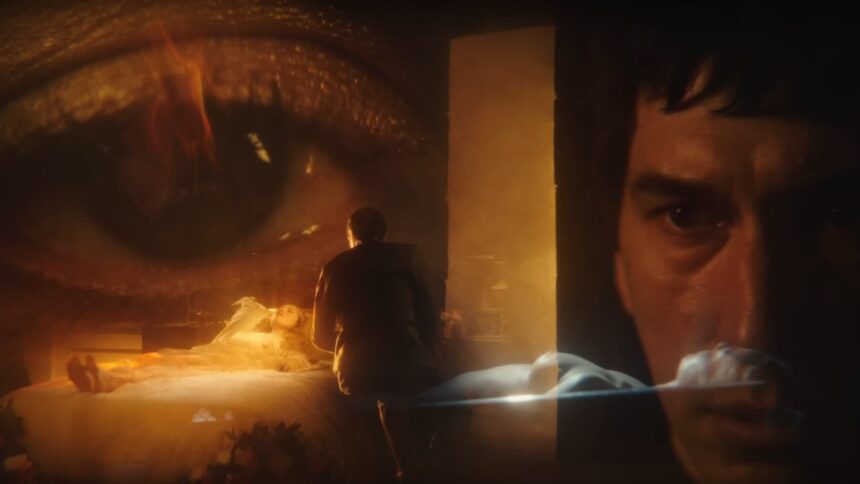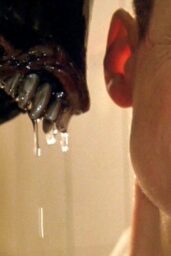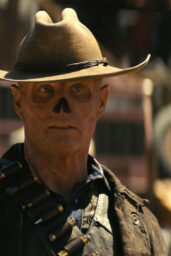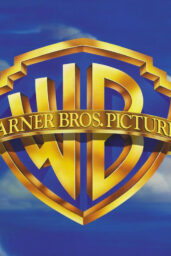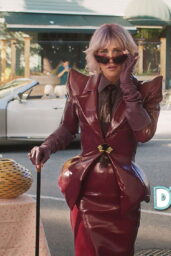Francis Ford Coppola, the legendary director behind cinematic masterpieces like The Godfather and Apocalypse Now, is once again making waves in the film industry with his latest venture, Megalopolis. Set to hit cinemas on September 27th, the film has already sparked a whirlwind of reactions from festival screenings, with critics describing it as everything from “beautiful” to “daring,” and even “crazy.”
But amid all the buzz, Coppola has taken a firm stance against one label in particular—”woke.” In a recent interview with Rolling Stone, Coppola addressed the casting choices in Megalopolis, which features a fascinating mix of actors, including Adam Driver, Giancarlo Esposito, Aubrey Plaza, Shia LaBeouf, and Jon Voight. His decision to include performers with varied political beliefs and personal histories, especially those who have been “canceled” or are seen as controversial, was a deliberate move to defy the simplistic categorization of the film as a “woke Hollywood production.”
“What I didn't want to happen is that we're deemed some woke Hollywood production that's simply lecturing viewers,”
Coppola explained.
“The cast features people who were canceled at one point or another. There were people who are archconservatives and others who are extremely politically progressive. But we were all working on one film together. That was interesting, I thought.”
In this light, Megalopolis isn't just a film; it's a statement about unity and the power of collaboration across divides. Coppola's approach challenges the industry's growing trend of labeling films based on their social or political messages, advocating instead for a focus on the artistry and thematic depth of the work itself.
The director also shared insights into two other projects he's developing—one a conventional movie set in England, and the other, Distant Vision, a self-funded tale about three generations of an Italian American family during the birth of television.
As the release date approaches, audiences eagerly await to see whether Megalopolis will stand as a testament to Coppola's enduring genius or fall prey to the very labels he seeks to avoid. One thing is certain: Coppola is not afraid to push boundaries, both in cinema and in the broader cultural conversation.

